There are many different channels for publishing research, including journal articles, books, book chapters, reports and blogs. The training briefly covers book publishing, and examines journal publishing in more depth. It also looks at how researchers can maximize the impact of their research through a variety of means such as collaboration, increasing discoverability and visibility, and how to communicate, promote and monitor research output.
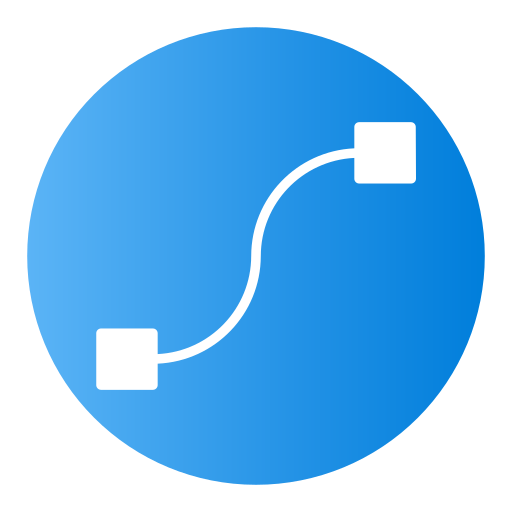 By the end of this training, learners should:
By the end of this training, learners should:
- Have the knowledge and skills needed to build an effective publishing strategy.
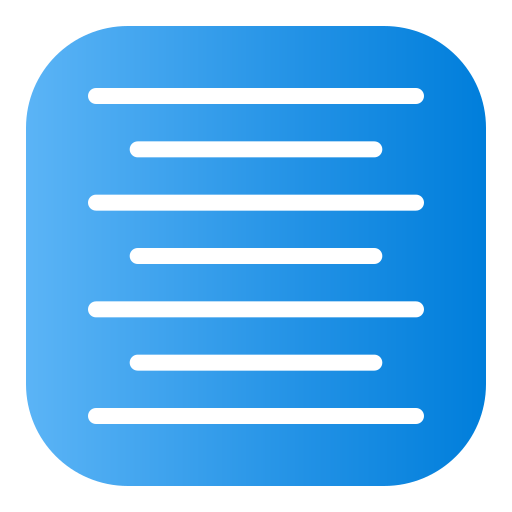 Training Outline:
Training Outline:
- Practical guidance on scholarly writing and presentations
- Selecting a book publisher.
- Selecting a journal.
- Selecting a conference.
- Maximizing the impact of your research through:
- Ensuring you are easily identifiable
- Ensuring your research output is visible
- Promoting & Monitoring your research outputs:
- Social media (e.g. blogs, social networks)
- Tracking citations and mentions of your work
Resources for facilitators and learners
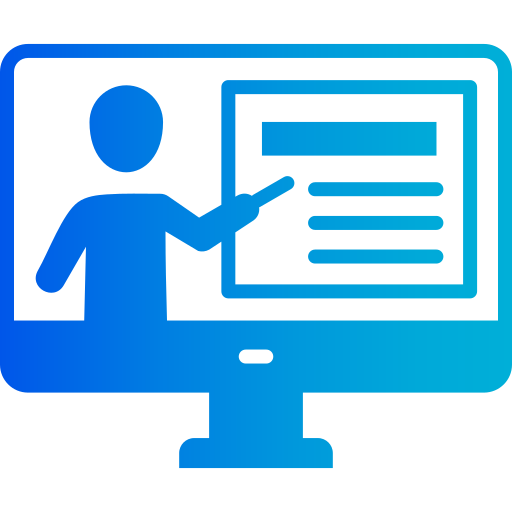 Online courses:
Online courses:
- “Publishing strategy”. IATUL Research Impact Things - a self-paced training program for libraries.
 Videos and webinars:
Videos and webinars:
- Webinar recording and slides: “How to train students and researchers on the topic, Choosing an effective publishing strategy”, Niamh Brennan, Trinity College Dublin, and EIFL.
- Middlesex University writing boot-camp [6 videos], Harzing - Academic Resources, Middlesex teaching & research support.
- What does peer-reviewed mean?, University of Newcastle Library.
- Presentations and Papers and Posters Oh My!: Copyright Considerations for Conferences, University of Newcastle Library.
- “Addressing predatory publishing issues”, Tom Olijhoek (DOAJ), Susan Veldsman (ASSAf).
- “Think Check Submit vs predatory publishing”, SLA Europe.
- “Publishing Due Diligence”, Katherine Stephan, Think. Check. Submit.
- “Writing and Publishing: Resources for Researchers and Scholars”, University of Arkansas Libraries, including the risks of publishing in predatory journals
- Deceptive or Predatory Publishers: What They Are & How to Evaluate Them, Florida Atlantic University Libraries.
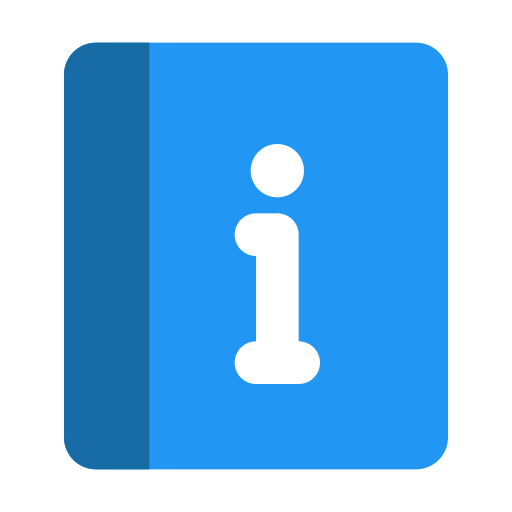 Library Guides:
Library Guides:
- “How to Publish and Disseminate Research”. The University of Western Australia Library Guides.
- “Publish or Perish”, Cambridge Libraries.
- “Scholarly Communications-introduction, book publishing, journal publishing”, University College Dublin.
- World Intellectual Property Organization, ed. 2024. Generative AI: Navigating Intellectual Property. Geneva, Switzerland: World Intellectual Property Organization. https://doi.org/10.34667/tind.49065.
- “A Practical Guide to Media Editing”. Skills Guides, University of York.
- “A Practical Guide to Presentations”. Skills Guides, University of York.
- “Avoiding ‘Predatory’ Publishers and Conferences”, University College Dublin.
- Pascal Braak, Dirk van Gorp, Chantal Hukkelhoven, Tessa de Roo. “Predatory and Questionable Publishing Practices: How to Recognise and Avoid Them”. UKB - Dutch Consortium of University Libraries, 2024. DOI: https://doi.org/10.5281/zenodo.10688081
- “Scholarly Communications: Promoting publications”, University College Dublin.
- “Scholarly Communications: Tracking publications”, University College Dublin.
- “Open Science – Join the Debate”. Ministère de l’Enseignement supérieur et de la Recherche, 2023.
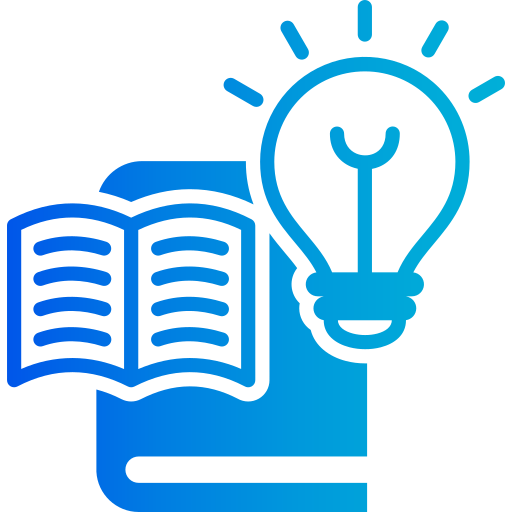 Examples of presentations, practical exercises, handouts and tip sheets:
Examples of presentations, practical exercises, handouts and tip sheets:
- Michelle Dalton, “Effective Publishing Strategy”, University College Dublin.
- Michelle Dalton, “Social Media in Research: Promoting, Engaging, Discovering”, University College Dublin.
- “Where should I publish my research”, University College Dublin.
- “EIFL Guide and Checklist for Researchers and Librarians: Choosing a Journal for Your Research”. EIFL.
- “Avoiding deceptive publishers: Recommendations for authors and librarians”.
- Collection of resources: “Questionable journals” (articles, guides, checklists).
- Stacy Konkiel. “The 30-Day Impact Challenge: the ultimate guide to raising the profile of your research”.
- “Identifying predatory academic journals and conferences”, UNESCO and InterAcademy Partnership. DOI: https://doi.org/10.54677/VQWQ5022. Language: English, also available in: Français, العربية, Español
